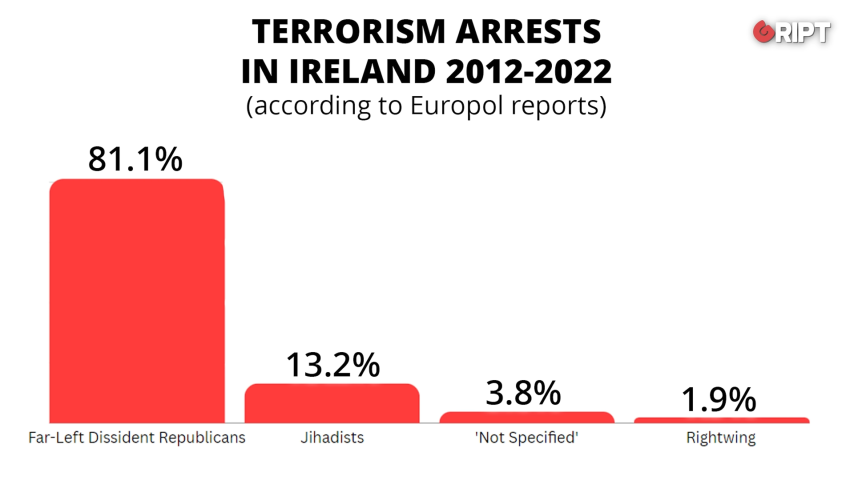“Radical Islam” is one of the major threats facing Ireland, newly-appointed Garda Commissioner Justin Kelly has said.
Speaking at his first press conference this week, Kelly explained that Gardaí view any form of political extremism as a security concern when it crosses into violence. He stressed that Garda involvement would not be about the views people hold, but about when those views translate into criminal action.
“Rather than saying ‘far right political extremism’, it’s political extremism that leads to violence on all sides of the spectrum,” he said.
“So once it transgresses over into violence, we have got an interest in that.”
Kelly said people were entitled to hold political opinions across the spectrum, but that Garda attention began once laws were broken.
“Political views and what people think, they might not be the views that the general Irish people might take, but people are entitled to have their views on whatever it is they want politically, whatever side of the spectrum that is. They’re absolutely entitled to do that,” he said.
“However, once you cross that criminal threshold, that’s when our interest comes as An Garda Síochána.
“So it’s not my job as Garda Commissioner to take a view one way or another on people’s political leanings. But like I’ve said a couple of times, once you cross that threshold and you’re committing offences, then we’re involved in it. So various entities and groups, once they’re on the fringe of that we become very interested in them, obviously.”
When asked what he considered to be the greatest physical threats to the State, Kelly said there wasn’t just one particular issue. He listed a range of threats, including “radical Islam”.
“Every one of those different areas, if you go from radical Islam, to state actors, to politically-motivated extremism, to dissident republicanism – all of those are threats to us,” he said.
“And we can’t take our eye off the ball on any of those.”
He added that religiously-motivated radicalism remained a concern, noting that Ireland had already experienced such attacks.
“Religiously-motivated radicalism is something that, again, has not gone away,” he said.
“And we have seen attacks here in this country, which have been religiously motivated. So that’s something that we always have to keep to the forefront.”
Notably, last year an Irish priest was stabbed in Galway in what authorities believed to be a religiously-motivated attack.
According to Europol figures, between 2012 and 2022, 81.1% of arrests in Ireland for terror offences pertained to Dissident Republicans, who Europol notes hold predominantly Leftwing ideologies. Meanwhile, 13.2% of terror arrests in Ireland pertained to radical Islamist jihadist ideology, mostly relating to financing of terrorism overseas.
A further 3.8% of terror arrests related to an ideology that was “not specified”, and 1.9% were “rightwing”, making rightwing ideology the least represented of all categories in Irish terror arrest statistics.
